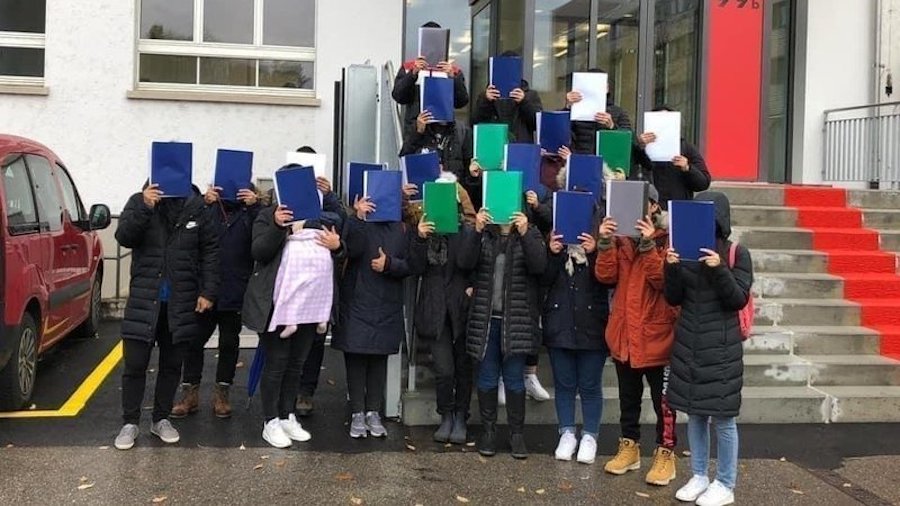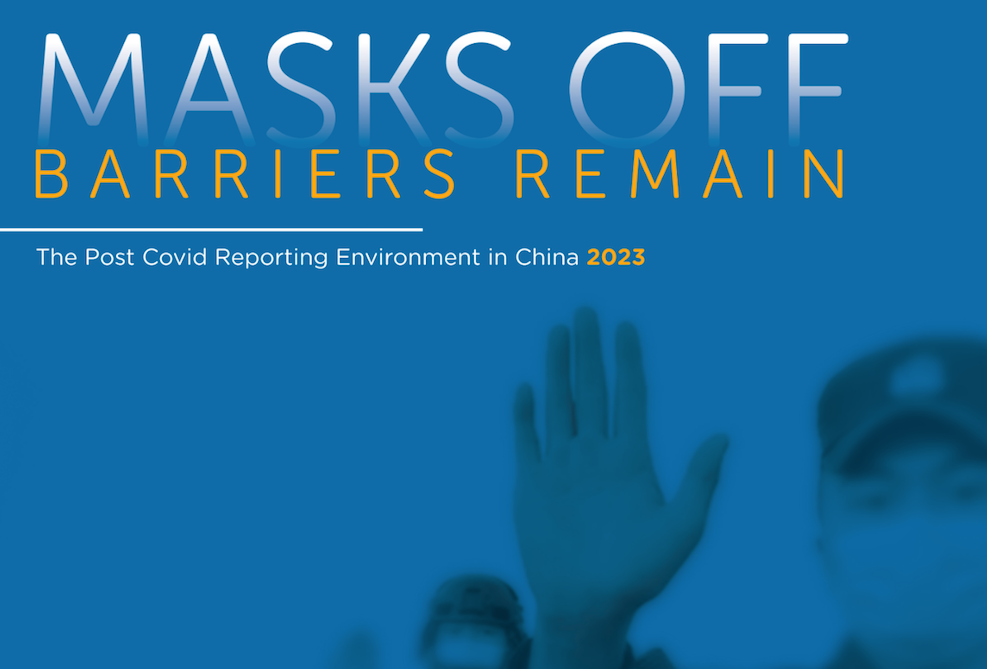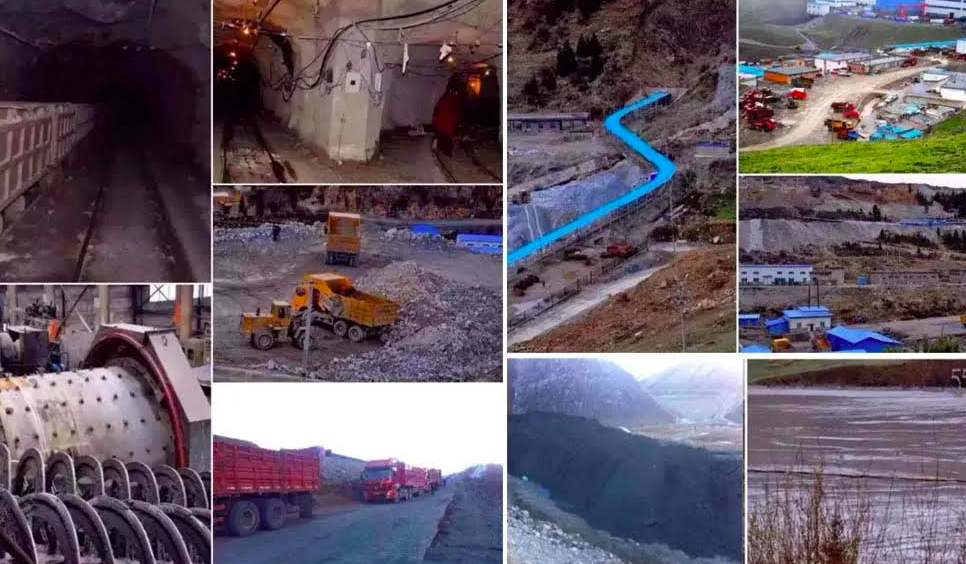By Tenzin Dharpo
DHARAMSHALA, Oct. 28: The Swiss Secretariat for Migration (SEM) has come under fire after leaked papers suggest that a secretive test known as the ‘lingua-analysis’, decisive for asylum application for refugees including Tibetans is riddled with gaping limitations and employed usage of pro-China language.
Swiss daily NZZ am Sonntag reported on October 22, that the leaked paper, a report on a Tibetan asylum seeker, was examined by a group of Tibetologists including professors and lecturers at universities in Bern, Leipzig and Paris who have been researching the Tibetan language, culture and history for years. The scholars concluded that the secretive analysis has “substantial deficits”, “unacceptable errors” and “so many shortcomings that a neutral and objective evaluation is not possible”.
The Lingua-analysis is primarily a test carried out at the latter stage of an asylum application where details like dialect, basic knowledge of the country of origin and socialization traits of the subject are examined by an expert at the other end of a telephone. The results of the analysis are decisive for an asylum seeker and in the recent past, Federal Administrative Court has stated that the analyses have an “increased evidential value”.
The experts whose analysis serve as defining factor for asylum seekers have however, rejected as many as 80% of Tibetan refugees in the last few years. Some 300 Tibetans are currently without official documentation in Switzerland.
A SEM offshoot, the ‘Lingua-Analysis’ department known officially as the Fachstelle Lingua has its offices in the Bernese suburb of Wabern, a village in the municipality of Köniz in the Swiss canton of Bern. SEM says it keeps the identity of more than 100 experts confidential for their safety. The secretive roster of experts appears in official documents under abbreviations such as “AS19” or under pseudonyms.
Karénina Kollmar-Paulenz, a professor of Religious Studies and Central Asian Cultural Studies at the University of Bern and one of the scholars who examined the leaker papers told NZZ am Sonntag, “The report of the expert ‘AS19’ does not in any way stand up to scientific claims. In Tibetology, it has apparently remained at the same level of research as in the eighties”.
She adds that no one in the close-knit community of Tibetologists fits the description of the one expert whose brief biography is also published in the leaked paper, “All this makes us very suspicious. And it suggests the question: Who is this expert anyway?
Chinese influence?
More damning is the observation that the expert’s usage of language suggested a proximity to China. “It is obvious that the expert ‘AS19’ is very friendly to China,” says Karénina Kollmar-Paulenz. “A number of his statements sound like official Chinese state propaganda.”
The State Secretariat for Migration’s spokesperson Lukas Rieder responded, “This accusation is without any foundation. The points raised are currently being carefully examined. If it turns out that there are quality deficiencies, necessary measures will be taken.”

The development comes less than two months after a secret agreement between Bern and Beijing was made public. The agreement allows Chinese officials to enter Switzerland for a period of two weeks – without official status – to investigate Chinese citizens, and deport them. Observers have said that it leaves Tibetan refugees and critics of the totalitarian regime of China vulnerable to over-stretched arms of Beijing.
Since June 2016, Tibetans are officially recognized to be Chinese nationals indicating a shift in the Swiss government’s foreign policy on Tibet. Although the Bern administration has claimed that the change in policy have not affected Tibetan refugee’s eligibility for asylum, approval ratings for Tibetan asylum seekers have fallen drastically over the years. Only 54.8% of the Tibetan applicants qualified in 2016 compared to 71.8% in 2015 and 85.8% in 2014, Swiss media reported.
Thinley, a Tibetan residing in Switzerland told Phayul, “The Swiss government cowering to Chinese influence is becoming clearer by the day. The Swiss media is coming up with irrefutable findings that suggest the same. So I have no doubt in my mind that Tibetan refugees are caught between the political designs of the two governments.”
An online petition on Change.org started by a group called LEGALISIERUNG DER TIBETISCHEN SANS-PAPIERS (Legalization of Tibetans without Paper) has gathered 1,010 signatures at the time of writing this report. The petition demanded Federal Councilor Karin Keller-Sutter (FDJP) and the State Secretariat for Migration (SEM) to legalise all residence permits of rejected Tibetan asylum seekers; guarantee of independent and constitutional asylum procedures for Tibetan asylum seekers and, immediate stop of the renewal of the secret agreement between Switzerland and China.
Tibetan MP representing Europe Wangpo Tethong told Phayul that Bern should have a clear and just policy to help Tibetan refugees and not bend to foreign pressure. “I feel that the Swiss Migration Office needs to review its general policy regarding safeguarding the security interests of Tibetans living in Switzerland. The Swiss Government shouldn’t tolerate the slightest doubt of being hampered in its ability to protect the legal procedures against inappropriate foreign countries’ influence,” Tethong said.











3 Responses
I think it’s due to increasing number of Tibetan Asylum seekers year by year.
Asylum giver countries know very well Tibetan population.
If only tibetan seek Asylum in countries. I don’t think we Tibetan can face problem.
All the Nepali, Bhutanese and himalayan region people seek refugee in the name of we Tibetan.
Due to that we Tibetan face problem sometime.
Moreover some shameless Nepali people abuse Tibetan after getting asylum.
In 2019 to 2020 in France more than 1000 refugee seek asylum.
Out of That more than 50 % are Nepali.
Now I think in France also need this type of Tibetan spy to check whether person is Tibetan or not……
Asylum giver country like Swiss, France etc know very well that Tibetan population is very limited and Tibetan Asylum seekers is increasing year by year.
If only pure Tibetan seek Asylum in these countries. I don’t think that we Tibetan can face problem in getting Asylum.
All the Nepali, Bhutanese and Indian himalayan region people seek refugee in the name of Tibetan. So sad…..
They have their country. Their home and land.
What we Tibetan have? ?????
They should not be obsitical for suffered Tibetan.
And some Nepali are abusing Tibetan after getting asylum in name of Tibetan
I also heard that Swiss government has recruited Tibetan refugees to check new Tibetan asylum seekers. They work in secret, but live in Tibetan society. Swiss govt says it is ‘ language analysis’, but in reality, it is just trying to find out whether someone was born in Tibet itself or born in India/Nepal, and if they are born in Tibet and later came to India, how long they have lived in India/Nepal. Oddly, Tibetans generally quite accurate decide whether someone is from just by their dialect and way of speaking, or broadly, learned habits due to socialization factors. In fact some Tibetans thought I was born in India because I mostly speak in the Utsang dialect typical in Tibetan diaspora, even though I can switch to my native Amdo dialect.
Swiss Tibetan community is full of mistrust, and various Tibetan groups of various background don’t mix socially and are known to be bit hostile to each other. Switzerland is avowedly a neutral country meaning it has no position regarding Tibet-China issue. Tibetans who celebrate New Year in Chinese embassy are turned a blind eye to by Swiss authorities as it has no direct national security threat to them.